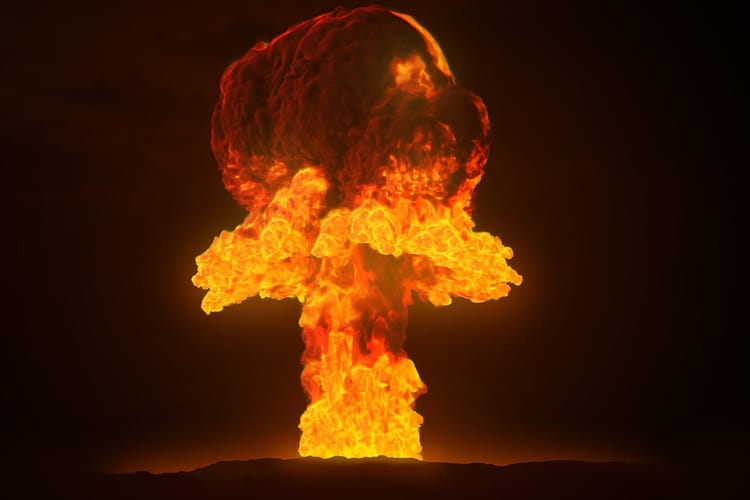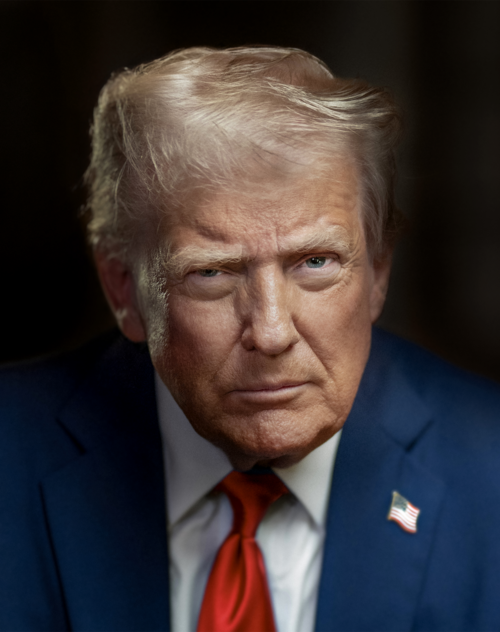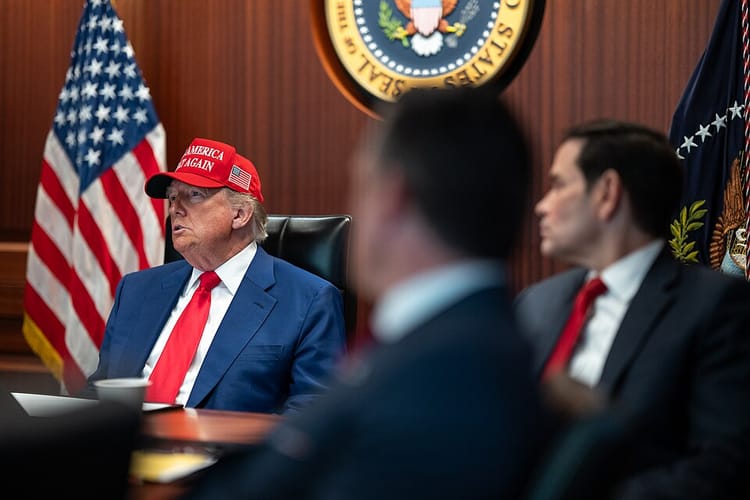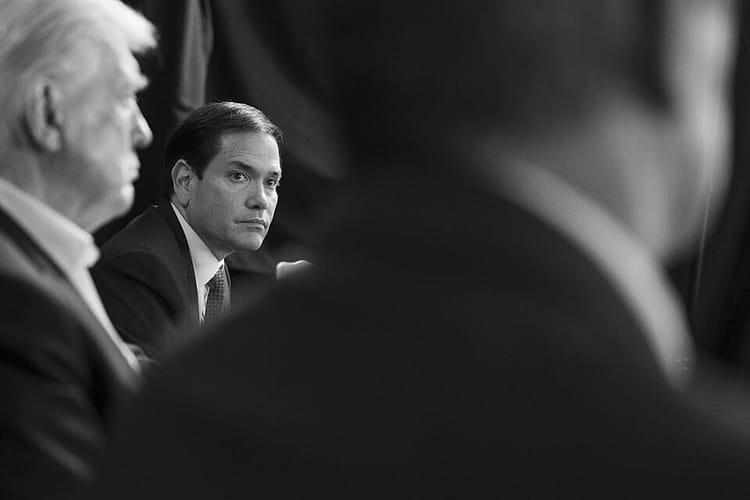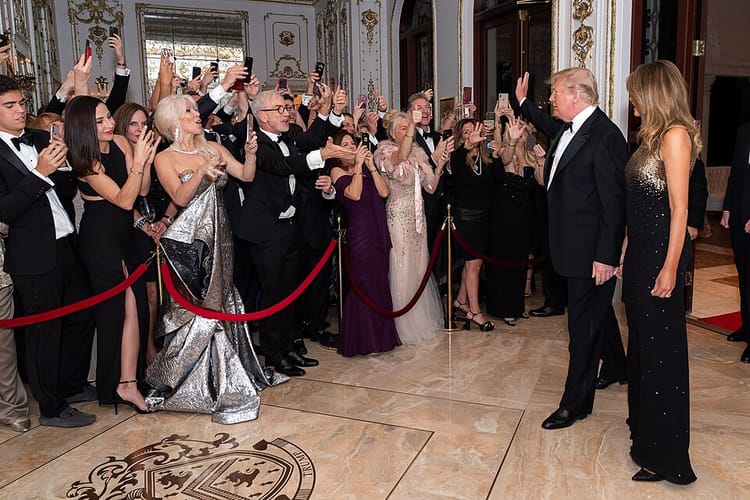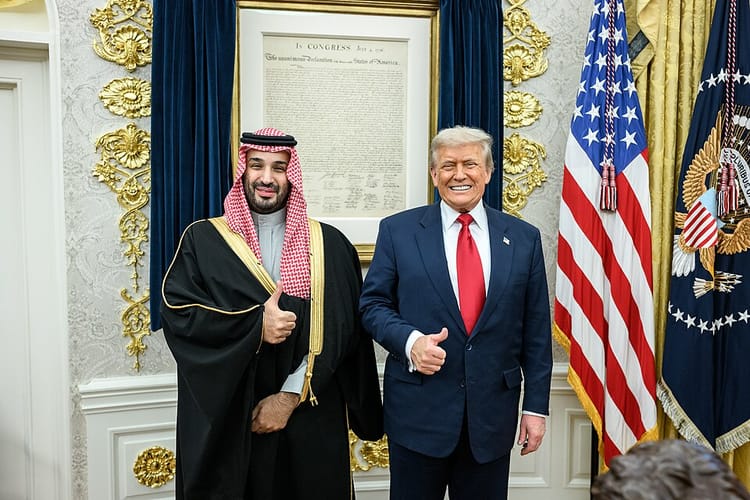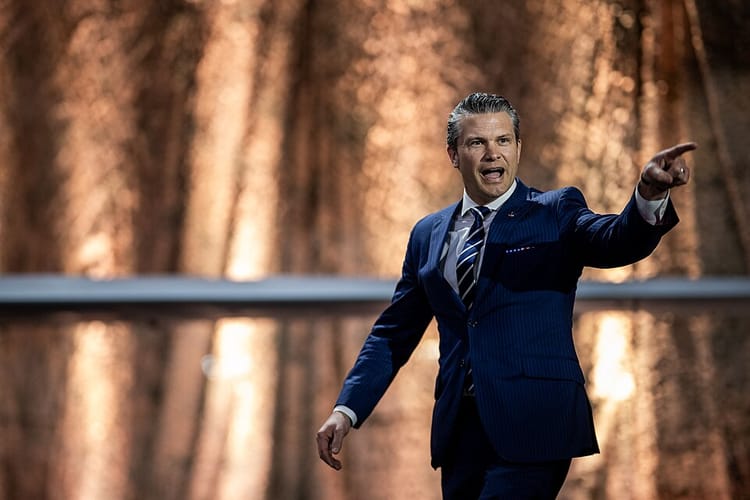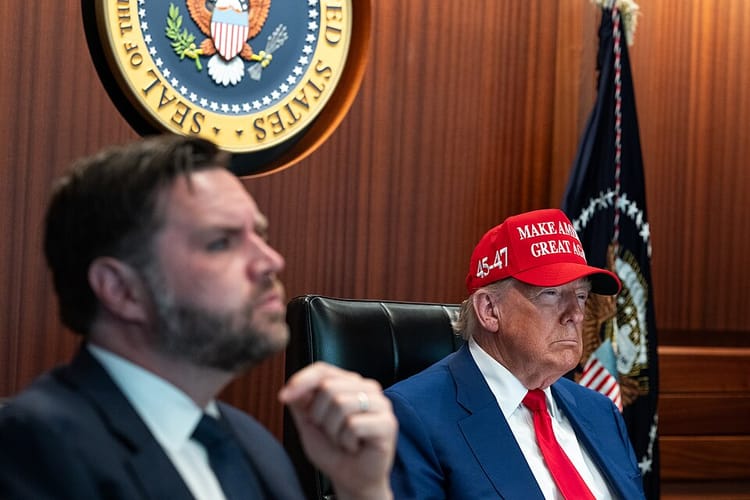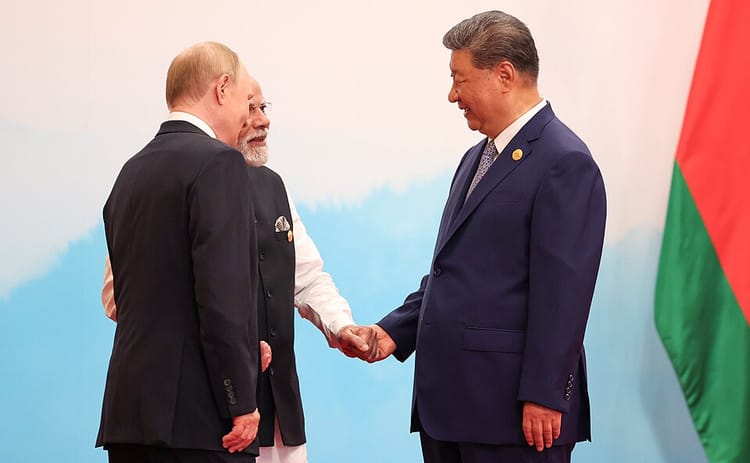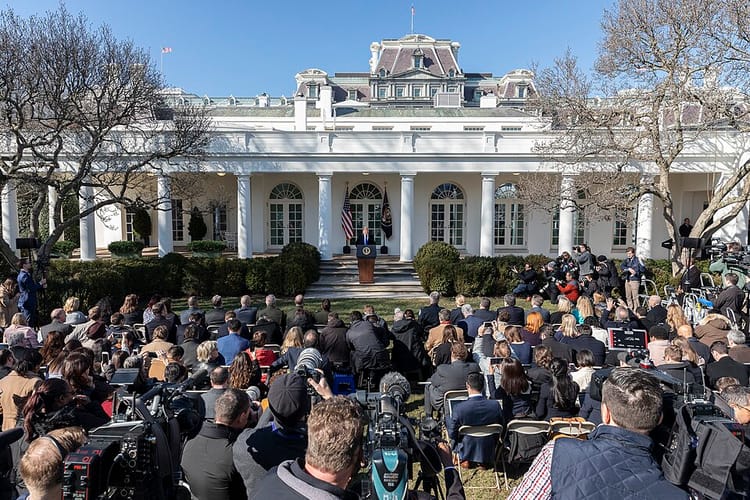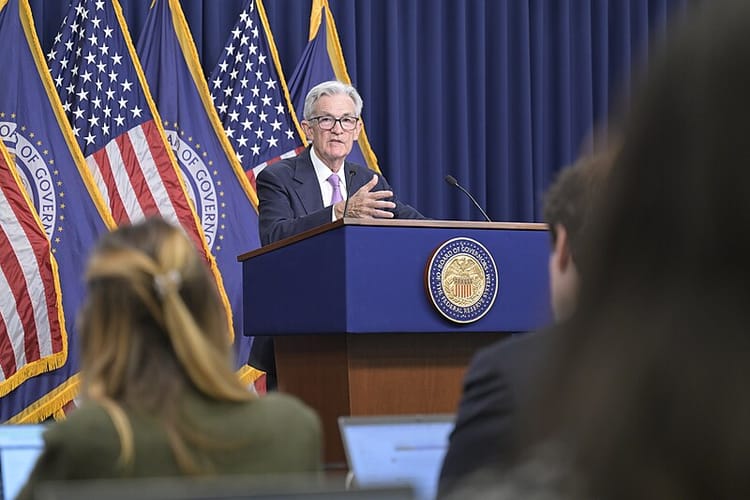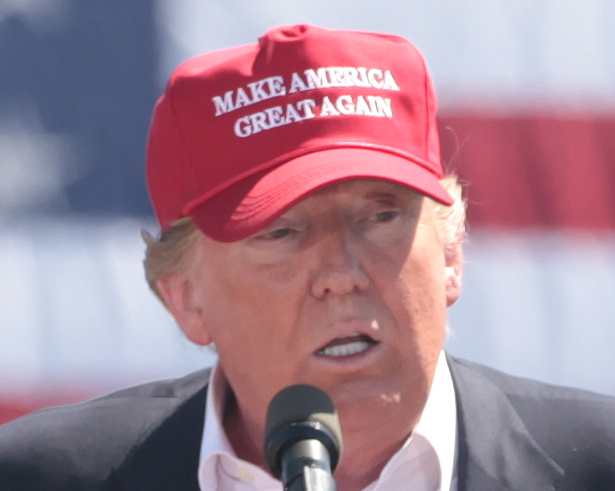
28
Feb
America The Deceiver - How President Trump Took Us To War
4 min read
10
Feb
Out Uneven Path To Dow 50,000
5 min read
05
Feb
Trump Stops START - Let The Nuclear Arms Race Begin
3 min read
02
Feb
Want To Know What's Happening In Iran? Watch The Carriers, Don't Listen To The Politicians
6 min read
27
Jan
President Trump Prepares To Walk Away From The Third, and Last Nuclear Treaty
4 min read
